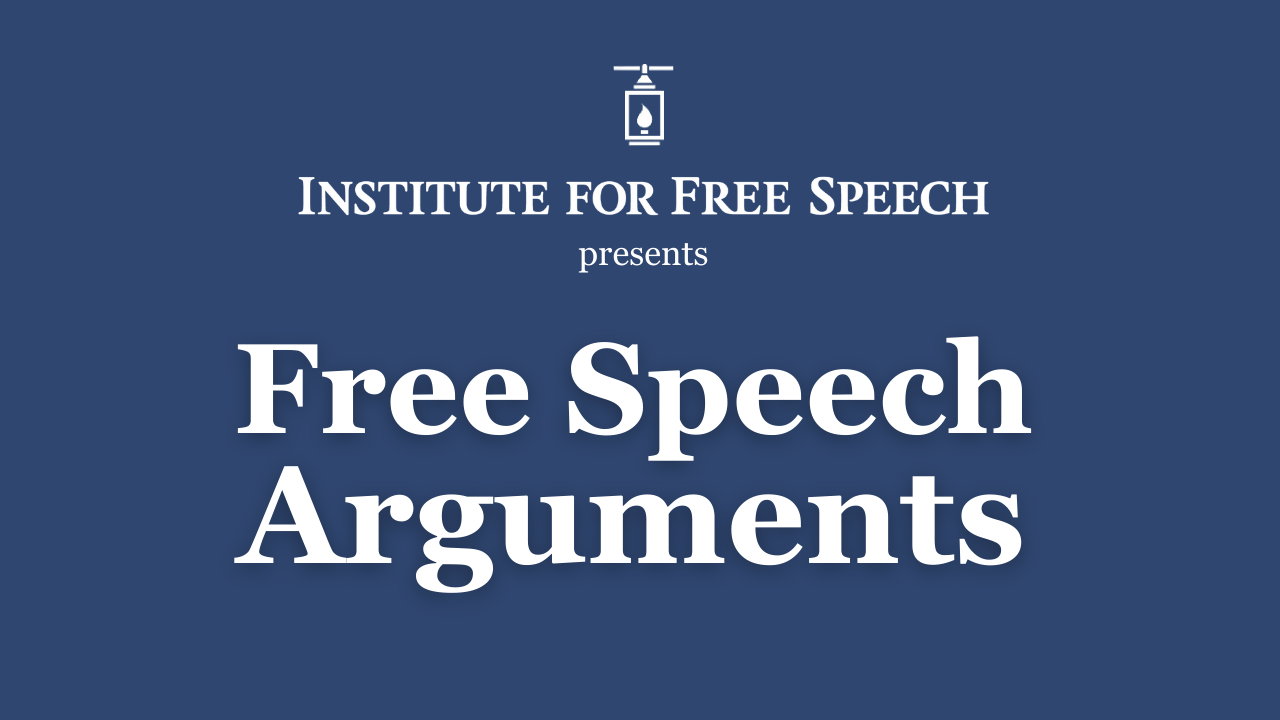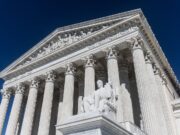Episode 31: Libby v. Fecteau
Libby, et al. v. Fecteau, et al., argued before Circuit Judge Lara Montecalvo, Circuit Judge Seth Aframe, and District Judge Camille Vélez-Rivé in the U.S. Court of Appeals for the First Circuit on June 5, 2025. Argued by Taylor Meehan of Consovoy McCarthy PLLC (on behalf of Laurel Libby, et al.), Harmeet Dhillon, Assistant Attorney General for Civil Rights (for Amicus Curiae United States, supporting appellant), and Jonathan Bolton, Maine Assistant Attorney General (on behalf of Ryan M. Fecteau, et al.).
Background of the case, from the Brief of Appellants:
There were 151 voting members in the Maine House of Representatives when the legislative session began. Now there are only 150. In late February, the House Speaker silenced District 90’s representative and the Clerk stopped counting District 90’s votes—all because of something said on Facebook.
…
In February, Libby took to Facebook to call attention to Maine’s [transgender athlete] policy, borne out at this year’s high school track-and-field state championship. The championship was a public event; the names, schools, and podium photos of participants were widely broadcast and readily accessible online. Libby re-posted already-public, truthful information showing the first-place girls’ pole vaulter previously competed in boys’ pole vault. That first-place finish propelled the athlete’s high school team to win the girls’ state championship by one point.
Libby’s post put Maine’s policy in the national spotlight, prompting federal investigations regarding Maine’s noncompliance with federal law. Days later, the Maine House censured Libby along a party-line vote of 75 to 70. The censure resolution called on Libby to “publicly apologize” for bringing “national attention” to Maine. H.R. Res. 1, 132nd Leg., 1st Reg. Sess. (Me. 2025). It denounced Libby’s “statement criticizing the participation of transgender students in high school sports” as “reprehensible” and “incompatible with her duty and responsibilities as a Member of this House.” And while the resolution faulted Libby for identifying a “student athlete by [first] name” and “showing the minor in an athletic uniform” without “consent,” id., the post merely copied public information, showing podium photos from widely publicized state championship events, contained no threats, and violated no law. The resolution omitted that the Speaker and others regularly show minors on their social media, without any indication of consent from the subjects.
Dissenting House members criticized the resolution as “a mockery of the censure process,” “set[ting] a standard … that the majority party, when they’re displeased with a social media post that upsets them, can censure a member of the minority party.” Other representatives raised free-speech concerns and sought clarification on whether members who re-posted Libby’s post could “expect censures to come forth on them as well.” The Speaker disclaimed knowledge of “any other censures.”
After the censure resolution passed, the Speaker summoned Libby to the well of the House chamber and demanded she apologize. When Libby refused to recant her views, the Speaker found her in violation of Maine House Rule 401(11), providing that a member “guilty of a breach of any of the rules and orders of the House … may not be allowed to vote or speak … until the member has made satisfaction.”
Ever since, Libby’s district has had no voice or vote on the House floor. The Speaker has stopped Libby from speaking on any bill, including even posing a question in a recent debate on an equal rights amendment proposed for the state constitution.
Statement of the Issue, from the Brief of Appellants:
Whether Plaintiffs are entitled to a preliminary injunction on their claims under the First and Fourteenth Amendments and the Guarantee Clause [of “a Republican Form of Government].”
Resources:
- CourtListener docket page for Libby v. Fecteau
- Brief of Appellants
- Defendants’-Appellees’ Principal Brief
- Brief for the United States as Amicus Curiae Supporting Appellants
Listen to the argument here:
The Institute for Free Speech promotes and defends the political speech rights to freely speak, assemble, publish, and petition the government guaranteed by the First Amendment. If you’re enjoying the Free Speech Arguments podcast, please subscribe and leave a review on your preferred podcast platform.













